Sinus Headache Symptoms | Sinus Headaches V/S Migraine : Symptoms, Causes and Treatment | How to Get Rid of a Sinus Headache Instantly? | Sinus Headache Treatment
- 78.75K
- 2 years ago
Dr. Raman Abrol
Dr. Raman Abrol
Sinus Headaches V/S Migraine : Symptoms, Causes and Treatment | Sinus Headache Symptoms | How to Get Rid of a Sinus Headache Instantly? | Sinus Headache Treatment
Sinus Headache Symptoms, In this video, Dr. Raman Abrol from Abrol ENT Institute and Research Centre discusses sinus headaches symptoms, and ways to get rid of sinus headaches instantly.
Often patients complain of headaches, and they have this specific question: they have sinus headaches. Sometimes the patient believes they are having migraines. Both migraine and sinus headaches are very common.
Sinus headaches occur after an infection in the Sinus. Sinuses are the space between the skull bones of the face. There are not one or two; rather, there are many especially present beneath the eyes, each on both sides of the nose; bones between the eyes have sinuses beneath and back of the brain, and they are also present in the skull bones. They have specific advantages and uses, which are not necessary to know, but they may acquire certain infections. The inflammation of the sinuses only causes all colds, flu, and allergies. And it further reciprocates the symptoms. The sinus headache location is very specific. The site of the headache tells us which type of Sinus is involved. Sinus involvement causes pain at the site. The most important thing is to wake up with a headache; patients wake up with headaches in the morning. These patients have a history of colds; either it is ongoing, or they had a cold a few weeks before, which was not adequately treated. These patients have site-specific headaches with colds. And when these patients visit ENT doctors, the ENT doctor inspects the sinusitis or sinus infection. It is an easily diagnosable condition. The patient’s nose would have pus discharge with nose tissues red in colour. In addition, these patients may show signs of infections post-nasal drip and have specific sinus symptoms like nose blockage, nasal discharge, and headaches. An ENT doctor confirms the sinusitis condition in the patients by Endoscopy. And if needed, doctors do CT-Scan. The diagnosis gets very clear by CT-Scan.
Can Sinus infection cause headaches ?
Sinus infection is causing headaches. If the condition is present in the cheeks and sinuses, then patients have cheek pain and the area above ear pains. It occurs specifically at one side where the infection resides. If the patient has an infection between the eyes or the back of the head, it occurs due to a specific sinus infection. If the patient has pain in the forehead above the eyebrows after waking, it is caused by frontal sinus headaches. Infection in these sinuses leads to headaches. Treating these patients like treating their sinuses is very easy. Those with untreated sinuses need antibiotics, decongestants, and medicine courses for 5-7 days. If needed, doctors may add any additional medicine.These patients need to take steam, increase water intake, hydrate the body, and decongest the nose, followed by the wait. In most patients, treating the sinus infection cures the headache too. This is a specific sinus headache. Now if one wishes to compare the sinus headache with the migraine headache, it is a definitive identity. Patients are suffering from headaches in the half side of the brain. It occurs without reason, and there is a cold, a history of cold, or any ongoing cold. Patients suffer from severe splitting headaches, vomiting with nausea, dizziness, and eye blurring.
How is sinus headaches different from Migraine ?
The headaches may radiate towards the neck or to the arm. They don’t complain of headaches daily. Rather, it is either stress-induced, once a week, or in 15 days. The diagnosis of migraine is made by X-ray of sinuses and CT-Scan. If they are normal, then all these symptoms indicate sinuses. All these symptoms indicate migraine. The treatment of migraine is medically possible. A medicine or group of medicine if taken for 2-3 months, a medicine or group of medicine may cure the migraine completely. A painkiller can be given in acute pain, and patients don’t need any special medication. There are certain foods that the patients must avoid. So following all these things can cure migraine.
For more information, visit our SimpliHealth website.





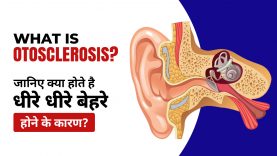


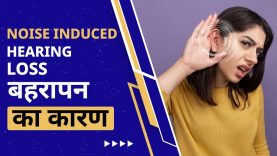


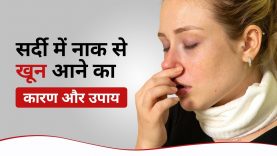
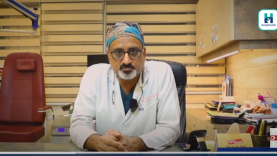
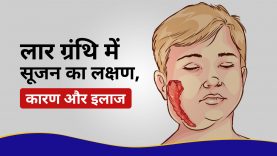

Comments (0)